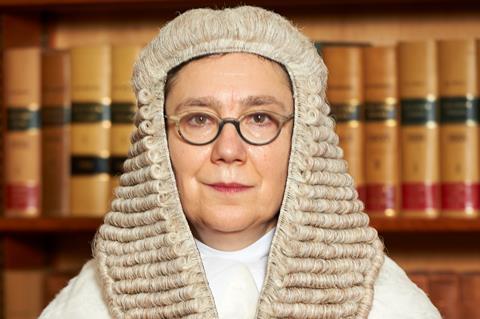The High Court will interfere with a public authority’s decision only if there has been an error of law, a judge has stressed in a ruling explaining the requirements for judicial review.
In a judgment this week refusing a teacher’s application for review, Mrs Justice Farbey said the High Court will generally not engage in a general inquiry about the facts of the case in JR proceedings.
‘In judicial review proceedings, it is not the function of judges to enter into an inquiry about the relative advantages and disadvantages of any aspect of education policy in the UK generally or in any particular county. The court's jurisdiction is supervisory which means (in very broad terms) that it will interfere with a decision of a public authority only if there is an error of law.’
The judgment states that the teacher sought to ventilate through the JR proceedings safeguarding concerns about a pupil whom the teacher does not teach. However, Mrs Justice Farbey said people who apply for JR must have standing.

‘The claimant says that she should be allowed to bring the claim because she is acting in the public interest and as a whistleblower who has brought information about Child X to the attention of her employer which she believes should be brought to the attention of the court. The claimant has over the course of the last year engaged with her employer and the county council but that does not mean that she has standing to bring judicial review proceedings…
‘If the mere assertion that she represents the public interest were sufficient to give her standing, it would mean that the courts would have no way of distinguishing between a person with a genuinely sufficient interest and others. That is not the law. As the defendants submit, the argument fails to take into consideration the intrusion into Child X's right to respect for private life that would inevitably be involved by the deployment of evidence about Child X if the claimant were to bring her challenge in circumstances in which neither Child X nor Child X's parents have been joined as a party to proceedings. I see no good grounds for concluding that the claimant has standing in proceedings in which the court would receive such evidence.’
Farbey added that courts will be slow to intervene in issues of social policy that raise ‘multifactorial’ considerations for decision-makers. ‘In my judgment the claimant is using the banner of law in an attempt to persuade the court to enter into a policy debate that is ill-suited for judicial review,’ the judge concluded.
She stressed that her ruling was a permission decision ‘and is not citable in other cases’.
This article is now closed for comment.



























12 Readers' comments